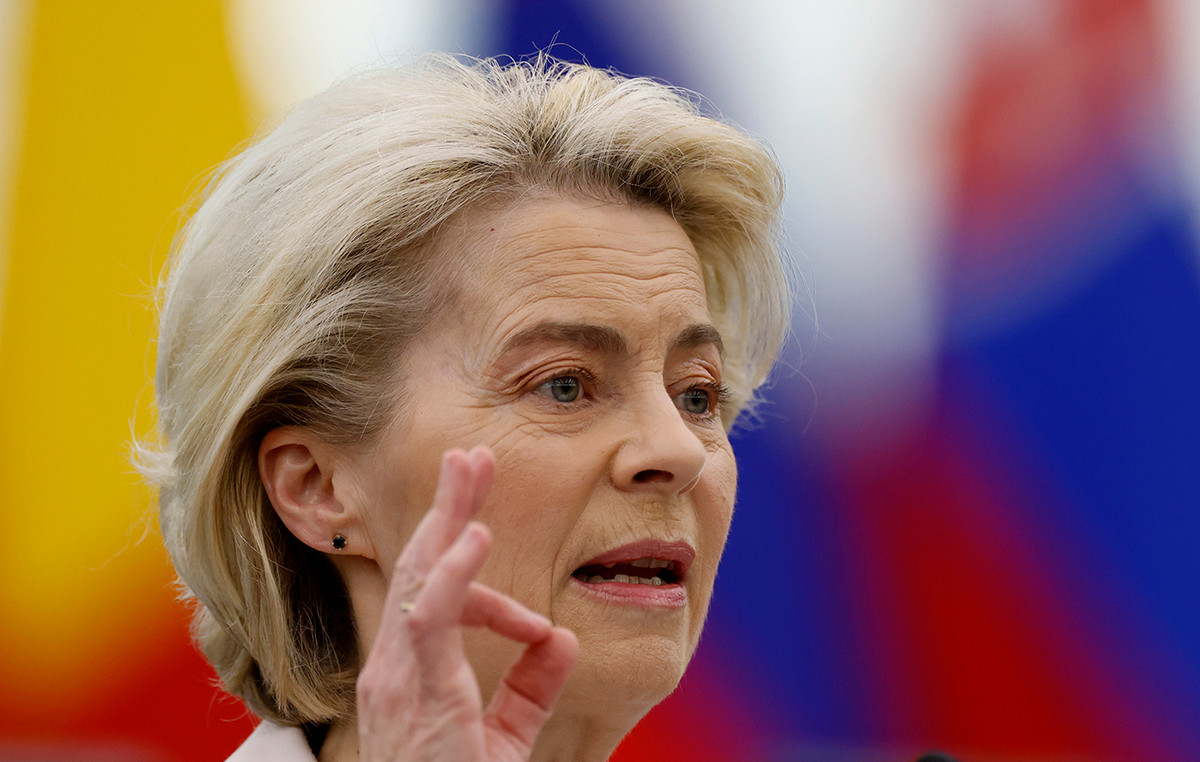- USD/JPY surges above 144.00 as BoJ refrains from committing to predefined rate hikes this year.
- Japan’s national CPI rose to 3% in August.
- Traders see the Fed cutting interest rates by an additional 75 bps to 4.00%-4.25%.
The USD/JPY delivers a strong rally to near 144.00 in the European session on Friday. The asset strengthens as the Japanese Yen (JPY) weakens following the Bank of Japan (BoJ) monetary policy announcement. The BoJ kept interest rates in the 0.15%-0.25% range, as expected, but did not endorse the need for further hikes in the remainder of the year, which was widely anticipated by market participants.
BoJ Governor Kazuo Ueda said at a press conference: “Our decision on monetary policy will depend on economic, price and financial developments at the time. Japan’s real interest rates remain extremely low. If our economic and price forecasts are met, we will raise interest rates and adjust the degree of monetary support accordingly.”
Looking ahead, market speculation on further BoJ rate hikes is expected to remain firm as Japan’s National Consumer Price Index (CPI) data for August came in higher at 3% compared to 2.8% in July. National CPI data excluding fresh food grew as expected by 2.8%, faster than the previous release of 2.7%.
Meanwhile, a mild recovery in the US Dollar (USD) has also pushed the asset higher. The US Dollar Index (DXY), which tracks the greenback’s value against six major currencies, is recovering to near 100.85 from the intraday low of 100.40.
The near-term outlook for the US Dollar is expected to remain uncertain as traders expect the Federal Reserve (Fed) to continue an aggressive monetary policy easing cycle. The CME’s FedWatch tool shows the central bank will cut interest rates by an additional 75 basis points (bps) over the remaining two policy meetings this year.
The Fed made its first interest rate cut decision in more than four years on Wednesday, lowering its key lending rate by 50 bps to 4.75%-5.00%.
Japanese Yen FAQs
The Japanese Yen (JPY) is one of the most traded currencies in the world. Its value is determined broadly by the performance of the Japanese economy, but more specifically by the policy of the Bank of Japan, the spread between Japanese and US bond yields, and risk sentiment among traders, among other factors.
One of the Bank of Japan’s mandates is currency control, so its moves are key to the Yen. The BoJ has intervened directly in currency markets on occasion, usually to lower the value of the Yen, although it often refrains from doing so due to political concerns of its major trading partners. The BoJ’s current ultra-loose monetary policy, based on massive stimulus to the economy, has caused the Yen to depreciate against its major currency peers. This process has been exacerbated more recently by a growing policy divergence between the BoJ and other major central banks, which have opted to sharply raise interest rates to fight decades-old levels of inflation.
The Bank of Japan’s stance of maintaining an ultra-loose monetary policy has led to an increase in policy divergence with other central banks, in particular with the US Federal Reserve. This favours the widening of the spread between US and Japanese 10-year bonds, which favours the Dollar against the Yen.
The Japanese Yen is often considered a safe haven investment. This means that in times of market stress, investors are more likely to put their money into the Japanese currency due to its perceived reliability and stability. In turbulent times, the Yen is likely to appreciate against other currencies that are considered riskier to invest in.
Source: Fx Street
I am Joshua Winder, a senior-level journalist and editor at World Stock Market. I specialize in covering news related to the stock market and economic trends. With more than 8 years of experience in this field, I have become an expert in financial reporting.







